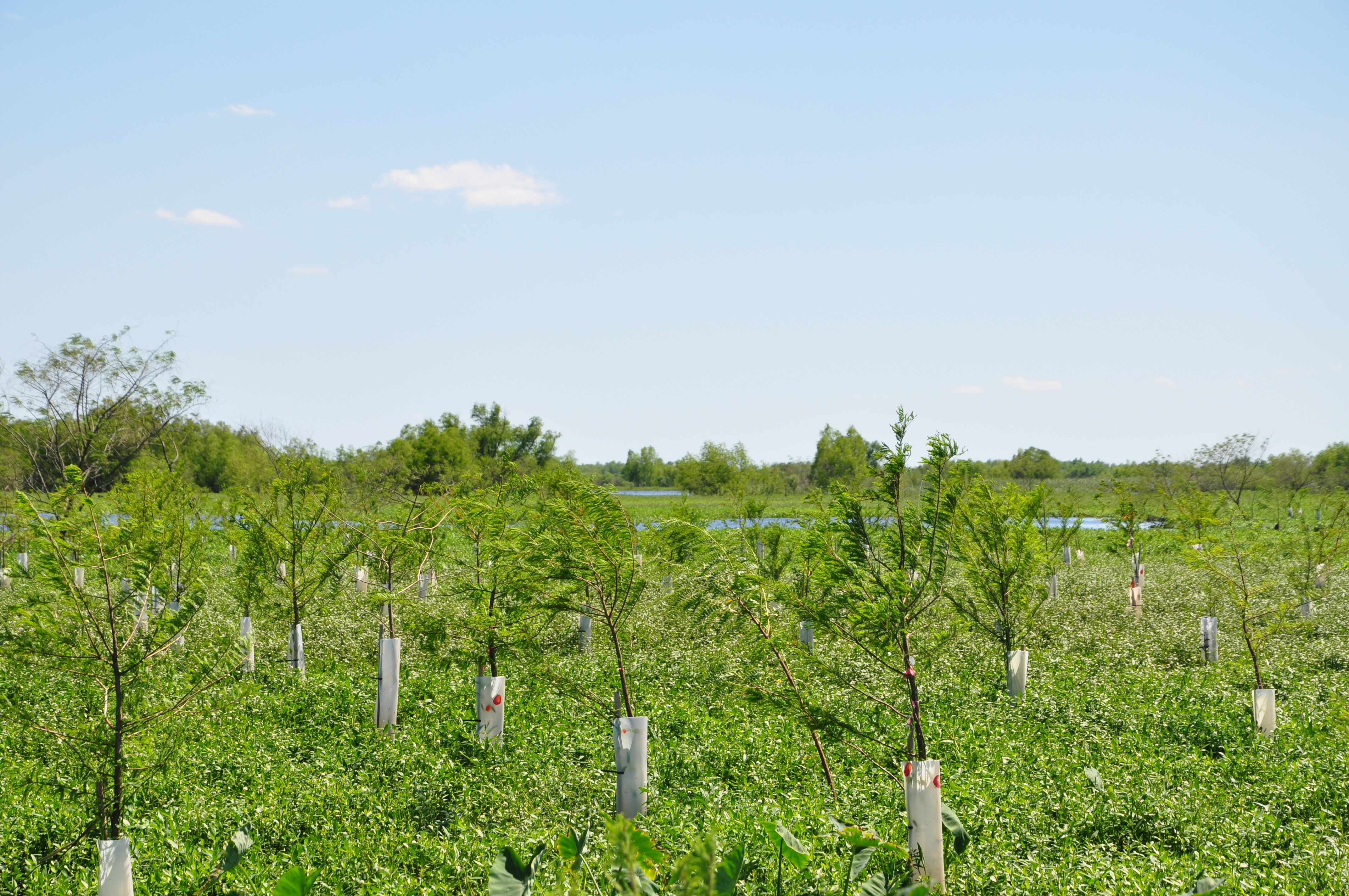
Ithaca, NY, June 2, 2021 – Restore the Earth Foundation, Inc. (REF) is pleased to announce that it was awarded a $7.4 million grant from the USDA Nature Resource Conservation (NRCS), Regional Conservation Partnership Program (RCPP). REF has secured private investment partners to match and amplify this NRCS public funding for a total of $19 million, toward a collaborative private/public partnership to address managing and protecting the watershed, restoring degraded lands to native forests.
The United States Department of Agriculture’s (USDA) Natural Resource Conservation Service (NRCS) is on the ground in every region in the U.S., working with conservation partners. These partners consist of private industry, non-government organizations, Native tribes, state and local governments, soil and water conservation districts, and universities. The Regional Conservation Partnership Program (RCPP) is a standalone program that offers $330 million yearly to support locally-driven partnerships that address climate change, improve water quality, combat drought, enhance soil health, support wildlife habitat, and protect agricultural viability in the United States. Each year, only 85 projects are selected to receive this money. In 2020, REF focused on applying to this program to pilot its private/public investment model to reforest 1 million acres in the Mississippi River Basin, the third-largest watershed on Earth.
The funds secured from the $7.4 million award will support restoring 5,000 acres of marginal land in a floodplain in Arkansas to its previous forested condition. With this pilot project, REF and the NRCS will apply innovative approaches to the wetland reserve easement process to engage more landowners, focusing on overcoming historically underserved landowner participation barriers. Conservation easements restore and protect land for future generations, while allowing landowners to retain private property rights, enabling them to live on and use their land at the same time.
As a result of this reforestation, NRCS will address climate change and achieve significant environmental, social, and economic co-benefits beyond their regular funding. High-yielding croplands will not be taken out of production.
In addition to the restoration of the forest, the newly planted native trees will generate 1,000,000 mt (CO2e) of carbon emission reductions. REF will recapture funds through revenues generated by carbon partners ClimeCo, which will market the greenhouse gas reductions. In addition to a payment for the easements and reforested land, participating landowners will receive a share of these revenues. The balance will be reinvested by REF into additional projects to scale the program.
To accomplish this, REF will develop an easement template with NRCS to emphasize water quality and acknowledge carbon sequestration while amplifying wildlife and biodiversity benefits. The project envisions accelerating the easement process and resources, providing more landowner participation to restore the land to the previous native forested condition. NRCS will hold the easements to assure the integrity, permanence, and long-term benefits of the investment.
“The Regional Conservation Partnership Program is a public-private partnership working at its best,” said Terry Cosby, Acting Chief for USDA’s Natural Resources Conservation Service. “The new projects will harness the power of partnership to help bring about solutions to natural resource concerns across the country while supporting our efforts to combat the climate crisis.”
Arkansas has a substantial backlog of landowners interested in conservation easements; this project will help make a meaningful dent in the backlog. Project partners have committed to purchasing carbon emission reductions in the form of Forecasted Mitigation Units (FMUs) or credits associated with project activities.
“Through the USDA’s Regional Conservation Partnership Program, we’re excited to be engaging more of those interested landowners to ensure that wildlife, habitat and communities are enhanced in a restored healthy self-sustaining system,” PJ Marshall, Restore the Earth said. “The restored ecological systems provide for public benefits that include erosion control, improved soil and water quality, wildlife habitat, groundwater recharge, flood reduction, and carbon sequestration for improved air quality.”
REF’s private investment partners offer value added contributions to amplify the impact of the RCPP funding. This project increases the effective integration of reforestation on working landscapes and offers impactful and measurable environmental, social and economic outcomes.
To learn more about this project or if you have an Arkansas Landowner interested in participating in this project, please contact Taylor Marshall, tam@localhost.